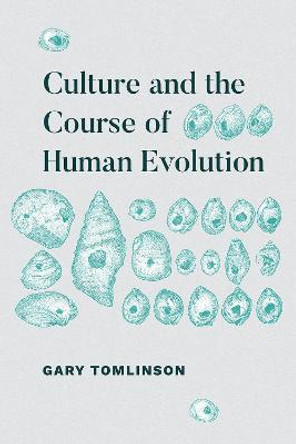Description
"A fascinating book."
-James Ryerson, New York Times Book Review
A Smithsonian Best Science Book of the Year
Winner of the PROSE Award for Best Book in Language & Linguistics
Carved into our past and woven into our present, numbers shape our perceptions of the world far more than we think. In this sweeping account of how the invention of numbers sparked a revolution in human thought and culture, Caleb Everett draws on new discoveries in psychology, anthropology, and linguistics to reveal the many things made possible by numbers, from the concept of time to writing, agriculture, and commerce.
Numbers are a tool, like the wheel, developed and refined over millennia. They allow us to grasp quantities precisely, but recent research confirms that they are not innate-and without numbers, we could not fully grasp quantities greater than three. Everett considers the number systems that have developed in different societies as he shares insights from his fascinating work with indigenous Amazonians.
"This is bold, heady stuff... The breadth of research Everett covers is impressive, and allows him to develop a narrative that is both global and compelling... Numbers is eye-opening, even eye-popping."
-New Scientist
"A powerful and convincing case for Everett's main thesis: that numbers are neither natural nor innate to humans."
-Wall Street Journal
About the Author
Caleb Everett, Professor of Anthropology and Psychology at the University of Miami, is the author of Numbers and the Making of Us and Linguistic Relativity: Evidence across Languages and Cognitive Domains.
Reviews
A fascinating book. -- James Ryerson * New York Times Book Review *
Fascinating...This is bold, heady stuff...The breadth of research Everett covers is impressive, and allows him to develop a narrative that is both global and compelling. He is as much at home describing the niceties of experimental work in cognitive science as he is discussing arcane tribal rituals and the technical details of grammar...It is often poignant, and makes a virtue of the author's experiences with some of the indigenous peoples he describes, based on a childhood following his missionary parents-in particular his famous father, Daniel Everett-into the Amazon jungle...Numbers is eye-opening, even eye-popping. And it makes a powerful case for language, as a cultural invention, being central to the making of us. -- Vyvyan Evans * New Scientist *
Everett buttresses his argument with an impressive array of studies from different fields...It all adds up to a powerful and convincing case for Everett's main thesis: that numbers are neither natural nor innate to humans but 'a creation of the human mind, a cognitive invention that has altered forever how we see and distinguish quantities.' His argument that numbers played a crucial role in the development of agriculture and the complex societies it supported is equally persuasive. -- Amir Alexander * Wall Street Journal *
In this multi-disciplinary investigation, anthropologist Caleb Everett examines the seemingly limitless possibilities and innovations made possible by the evolution of number systems. -- Rachel E. Gross * Smithsonian *
Caleb Everett provides a fascinating account of the development of human numeracy, from innate abilities to the complexities of agricultural and trading societies, all viewed against the general background of human cultural evolution. He successfully draws together insights from linguistics, cognitive psychology, anthropology, and archaeology in a way that is accessible to the general reader as well as to specialists. He does not avoid controversy, making this a key contribution to a developing debate. -- Bernard Comrie, University of California, Santa Barbara
In his journey through the millennia of human evolution, from the forests of Amazonia to the deserts of Australia, ever in search of a better understanding of human diversity, Caleb Everett presents a breathtaking narrative of how the human species developed one of its most distinct cognitive and linguistic achievements: to count and to use concepts of quantity to expand and enrich a wide range of cultural activities. -- Bernd Heine, University of Cologne
Awards
Winner of PROSE Awards 2018.
Book Information
ISBN 9780674237810
Author Caleb Everett
Format Paperback
Page Count 312
Imprint Harvard University Press
Publisher Harvard University Press





